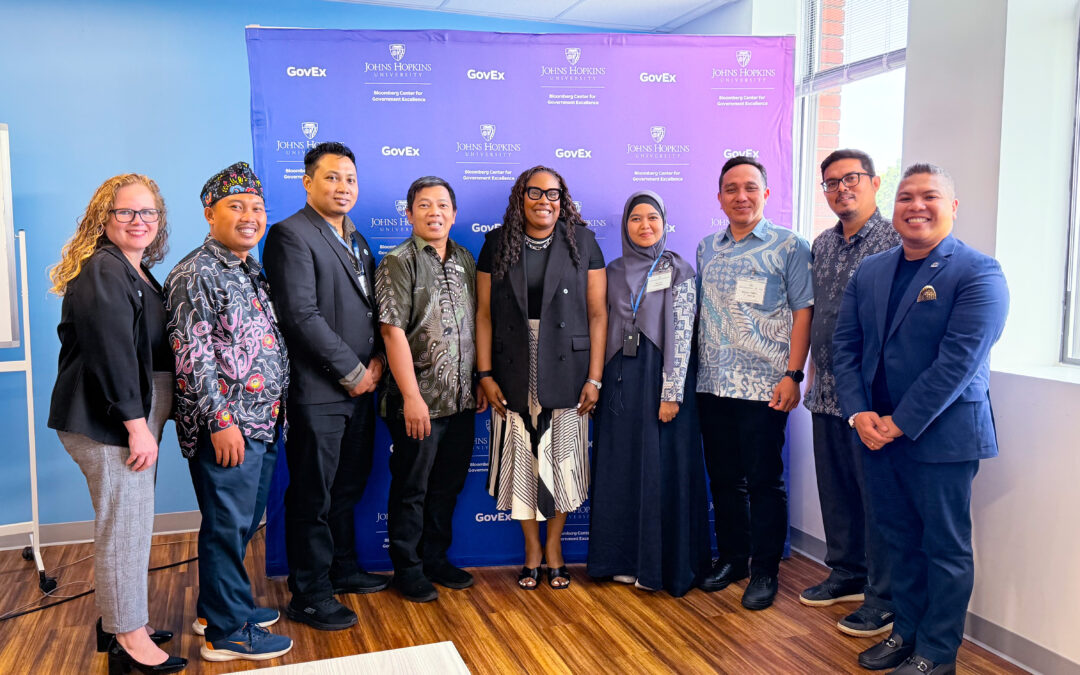
Centers for Civic Impact stand with those fighting against racism and police murdering black people. We unequivocally believe that Black Lives Matter. We acknowledge our organizational privilege and commit to work with public sector organizations who are ready to use data and evidence in an effort to dismantle systems that protect white supremacy, nurture an inequitable status quo, and disportionately disadvantage communities of color. We have not done enough, but moving forward we will do everything we can.
Data and data work in government has the potential to expose rooted bias in all decision making. However, it also has the potential to further entrench bias. Data can bring transparency to critical community issues like patterns of police violence and anti-black discrimination. It can also further victimize communities of color when it is used to create predictive policing models that lead to unaccountable over-policing in those communities, or when it leads to performance measurement that incentivizes numbers of arrests over community safety. As public sector leaders, we must commit not just to understanding our most broken systems, but also to fixing them.
Once more, we acknowledge that the role of data has been, at best, complicit in the continued oppression of people of color and particularly black people. For example: When neighborhoods that have been historically redlined continue to receive lesser services, oppression is perpetuated. When health departments share data about COVID-19 but do not break down outputs by race and ethnicity, oppression is systematized. When governments use data to target black people in the justice system, oppression is exacerbated.
Moving forward, Civic Impact will examine our role as a partner with organizations and governments and will seek connections with organizations that are committed to ending the legacy of oppression in systems. Change starts at home. So we will first look at our internal practices and engage in anti-racist capacity building in order to better understand the biases we bring to our own work and how to help surface that understanding for others. We’ll then review our work to ensure that we are applying a lens of equity to every aspect of Civic Impact’s delivery. This approach will be deliberate and will take care and time.
We are also committing to work with any public sector partner who is ready to think differently about the role of government in the outcomes of people of color and in the communities that have been ravaged by systemic poverty, government divestment, and violence of all kinds. The unaccountable police use of violence in the past weeks lays bare practices that we recognize have been operating for a long time. To transform police practice into something that is genuinely community-serving will require a real openness to fundamental change, led by city hall. It will also require the establishment of data systems to collect and provide information about how that change is – or is not – taking place.
Even more, we hope to partner with organizations that want to transform their public safety and public health programs to truly live into the fundamental public missions of achieving community safety and community health.
It is not enough to stand by and support those who are speaking truth to power. We must commit to being deliberate about the work of ending racist practices in government and all the other places it exists, to holding ourselves and those we partner with accountable, and to dismantling the systems that continue to perpetuate violence on people of color.



